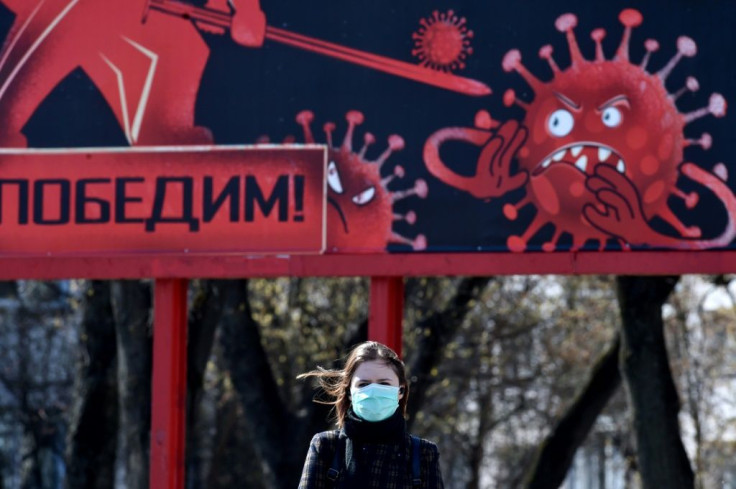Asian Shares Rebound But Markets Eye Long-term Russia-Ukraine Risk

Asian markets rebounded on Friday following Wall Street's surprising overnight reversal, as investors weighed the longer-term impact of tough Western sanctions against Russia after it
unleashed troops, tanks and missiles on Ukraine.
European stock markets looked set to follow Asia higher even as Russia pressed its attacks and global condemnation grew, with FTSE futures adding 0.78%, European futures up 2.2% and German stock market DAX futures rising 1.56%.
But U.S. share futures slipped in Asian trade, with S&P500 e-mini futures losing 0.61% and Nasdaq futures down 0.92%.
Some analysts said the sanctions by the United States, Europe and a number of other countries were not as strong as markets had feared.
While Western nations redoubled their efforts to crimp Russia's ability to do business -- freezing bank assets and cutting off state-owned enterprises -- they stopped short of disconnecting Russia from the SWIFT international banking system or targeting its oil and gas exports, which some analysts said had helped markets to recover.
"The limits to the economic pain that the 'West' was prepared to tolerate to support Ukraine and punish Russia have been revealed within 24 hours of Russia's offensive beginning," Jeffrey Halley, senior market analyst at OANDA, said in a note.
"The Russian offensive has occurred in a time of already high inflation and commodity shortages globally, and the West has blinked immediately. The process of throwing Ukraine under the geopolitical bus has begun. Markets clearly felt the same way, that this is the worst it can get...Thereafter, the power of buy-the-dip proved irresistible."
MSCI's broadest index of Asia-Pacific shares outside Japan was up 0.57% by midday, Shanghai's composite index was up 0.57% and Japan's Nikkei was up 1.27%. South Korea's benchmark KOSPI index added 1.01%, recovering from a decline on Thursday.
Hong Kong's Hang Seng index and Australian shares fell slightly, 0.44% and 0.03% respectively, after a strong start.
Investors rediscovered their risk appetite overnight after some initial sharp losses, with major U.S. indices posting gains, led by tech stocks.
But some analysts worry any rallies might be fleeting.
"Biden's sanctions and reluctance to pour troops in is providing some relief. But this conflict is going to be a protracted issue and add to global inflationary pressures that will keep central banks on track for tightening," said Kyle Rodda, analyst at IG Markets in Melbourne.
"It's okay for now, but in the long-term the market will be tracking to the downside," he said.
Oil prices surged again on worries about supply disruptions, with Brent crude rising 2% to $101.80 a barrel, while U.S. West Texas Intermediate (WTI) crude also rose 2.71% to $95.53, although both benchmarks were off their highs.
Safe haven gold inched higher 0.57% to $1,913 an ounce after easing back from a multi-month high of $1,973.96 that it hit on Thursday.
The yield on 10-year U.S. Treasuries was at 1.95% after an initial slide to 1.84% on Thursday, its biggest daily drop since late November.
The U.S. dollar index, which measures the greenback against a basket of major currencies, eased 0.23% to 96.87, having risen on Thursday to levels last seen during the first wave of the coronavirus pandemic. The Russian rouble rose again and was at 85.52 against the dollar, clawing back from a record low of 89.986.
Ukrainian President Volodymyr Zelenskiy said late on Thursday a new iron curtain was descending over Europe.
Ukrainian soldiers battled Russian troops as they poured in from three sides while about 100,000 people fled their homes, according to the United Nations, many hunkering down in basements and subway stations to escape shelling. Ukrainian authorities said 137 people had been killed on the first day of fighting.
On Thursday, the Dow Jones Industrial Average closed up 92.07 points, or 0.28%, at 33,223.83 while the S&P 500 gained 63.2 points, or 1.50%, to 4,288.7 and the Nasdaq Composite added 436.10 points, or 3.34%, to 13,473.59.
© Copyright Thomson Reuters 2024. All rights reserved.





















